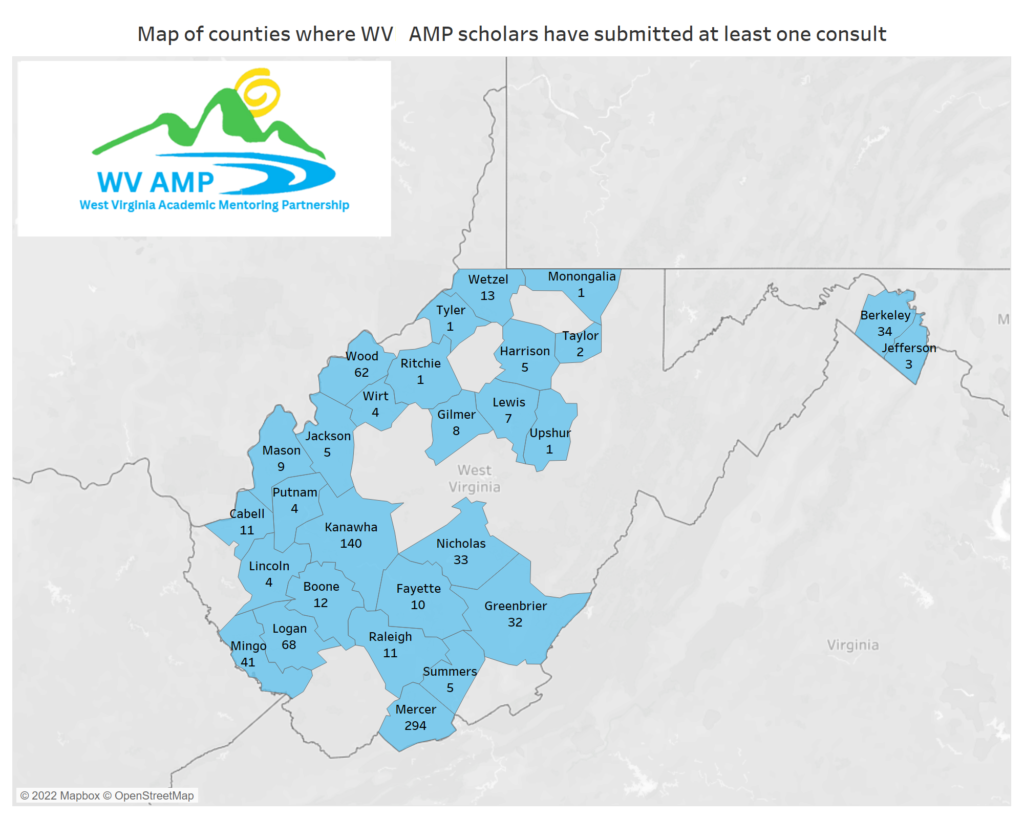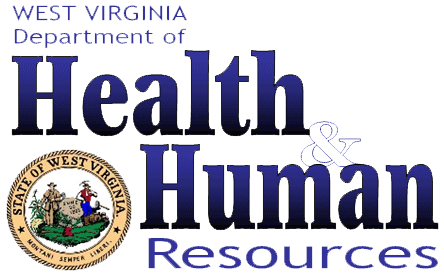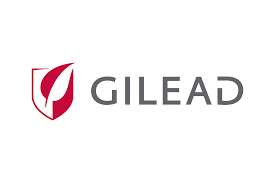WV AMP
West Virginia Academic Mentoring Partnership
How It Works
WV AMP is a free telementoring partnership designed for primary and addiction care providers to link with disease experts for training. WV AMP is designed to build a mentorship platform that is accessible to primary and addiction care providers caring for high-risk individuals throughout West Virginia, so that individuals with diseases can be cared for and cured in their own community.

Since March 5, 2020, WV AMP has...
These numbers demonstrate that with guidance and support, PCPs who have never previously treated HCV can achieve the same rate of cure as a specialist (95-99%).

WVHAMP Provider Spotlight

Dr. Kyle Miller
As a medical student, I was torn between specialties for some time. The decision seemed daunting – to make a choice of one type of medicine to make a career out of. I was edging towards becoming an ophthalmologist until I spent time on my family medicine rotation, where one of my mentors relayed something to the effect of “you can be the person who checks blood pressure and cholesterol, or you can be the person who builds a practice that fits you” – which, for me, would mean a practice that involved much more than Lipitor.
Fast-forward from school to my time as an attending, I now practice at an FQHC (Community Care of West Virginia) where the company has graciously enabled me to build a practice that fits me. I practice primary care that includes addiction treatment and am based in a clinic with on-site behavioral health services, which enables a degree of care integration that can be difficult to achieve in an underserved setting. Though integrated care is often interpreted as “primary care and behavioral health”, I’ve personally sought to apply an integrated approach to the care of patients with substance use disorders – aiming to take care of the whole patient, rather than only their SUD. Thus, thanks to WVHAMP, CCWV, and my training at WVU, I now find myself treating SUDs comprehensively – I treat chronic conditions that contribute to relapse, counsel on preventive care, drain abscesses, close lingering wounds, engage in harm reduction principles, and attempt to deal with the other sequela of substance use.
Perhaps the most symbolic is the treatment of hepatitis C. For many patients, especially those who have achieved sustained sobriety, the hepatitis C diagnosis remains a sort of scarlet letter – a badge not reflective of their true self. Helping patients to remove this stigma from their problem list has been one of the most rewarding aspects of my time in practice so far, and I am proud to have over 20 patients in some stage of the treatment process.
WV AMP Course Goals
- Recruit primary and addiction care providers practicing in Federally Qualified Health Centers (FQHCs), Addiction Care Clinics, and rural community clinics in high-risk communities throughout West Virginia.
- Establish a primary and addiction care workforce trained by experts to screen, diagnose, treat, and follow up with the goal of curing persons with diseases throughout West Virginia, including high-risk, rural, and low-resource settings.
- Remove barriers to care for individuals diagnosed with diseases.
- Increase the number of West Virginians living with diseases who are successfully linked to care and cured.
WV AMP Course Objectives
- Understand strategies to identify persons with diseases.
- Understand epidemiology, screening, diagnosis, management, treatment, cure and prevention.
- Understand the burden of diseases in high risk groups in West Virginia and throughout the Appalachian Region.
- Understand staging of liver disease and disease counseling and transmission risks.
- Understand recent and evolving changes to West Virginia’s Medicaid Program and how these changes impact disease treatment in West Virginia.
- Understand how the increase disease is related to the growing opioid epidemic in West Virginia and the U.S.
- Have knowledge of injection drug use and describe the ways to enhance access to screening and treatment services for substance users.
- Understand the infrastructure necessary to support hepatitis care, treatment and cure in primary and addiction care settings.
- Identify screening for diseases during pregnancy and the potential for perinatal transmission.
- Understand procedures for screening, testing, treatment and cure of babies born to mothers with diseases.
What is Expected
- Participants will make a commitment to participate in trainings for at least 12 months. This training prepares providers to evaluate patients and submit consultations.
- Interested providers apply to attend the WV AMP day-long online Cycle 1 training.
- After Cycle 1 training, providers are invited to participate in the evening educational webinars every month. Providers will present challenges and patient cases to their peers and WV AMP Mentorship Team for feedback and guidance.
- Complete the half-day WV AMP Cycle 2 training. That covers additional relevant topics.
- Submit a WV AMP Consultation Form for each patient that has been fully evaluated through the secure/online WV AMP data system.
- Mentors review the Consultation Form, advise on the proposed treatment regimen and approve the treatment plan.
- Mentors provide backup for complex cases as needed.
- Participants will be provided a one-year membership to the West Virginia Rural Health Association.
- Participants will have access to WV AMP training materials/tool kit on the West Virginia Rural Health Association website via a designated link.
- WV AMP planners have applied for Continuing Education Credits for participation.
WV AMP Trainings
In addition to our hepatitis trainings, we are now offering PCPs the knowledge and guidance to diagnose and treat HIV as well.



